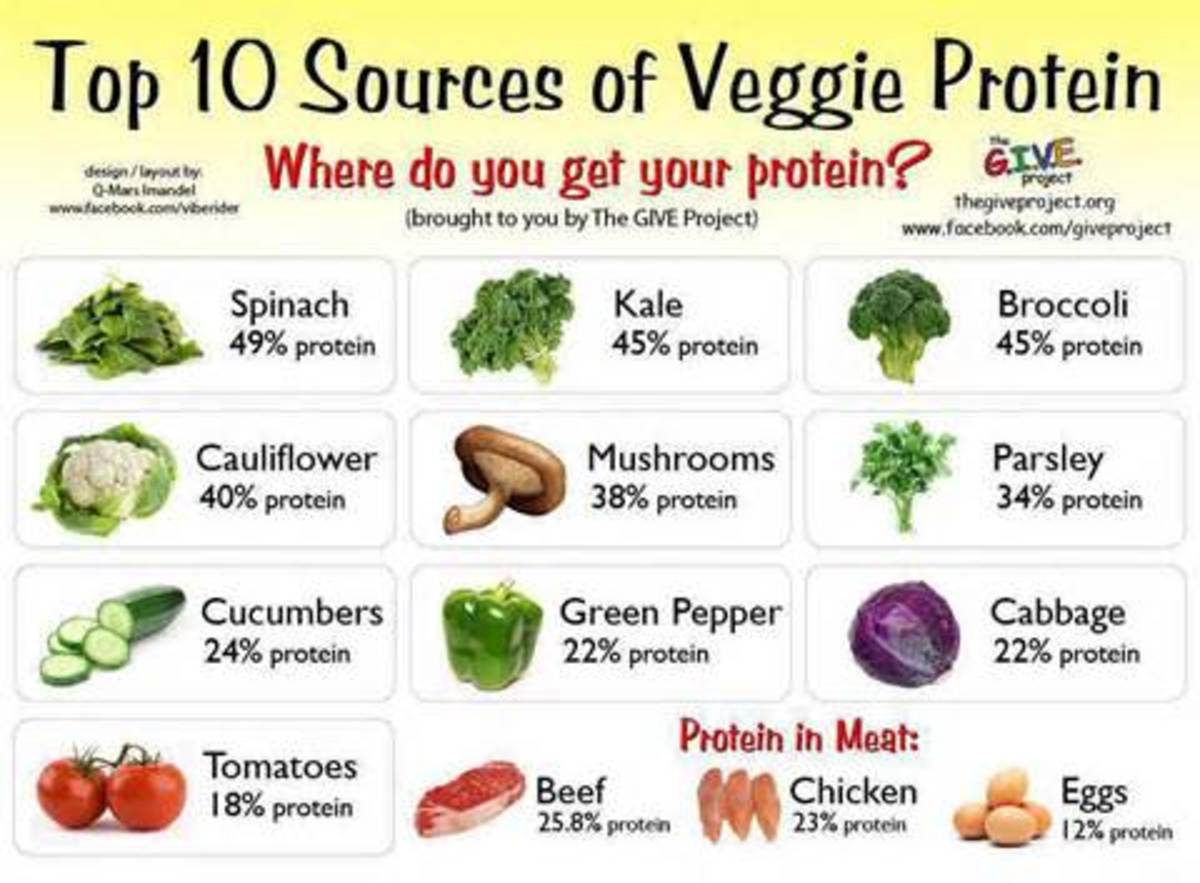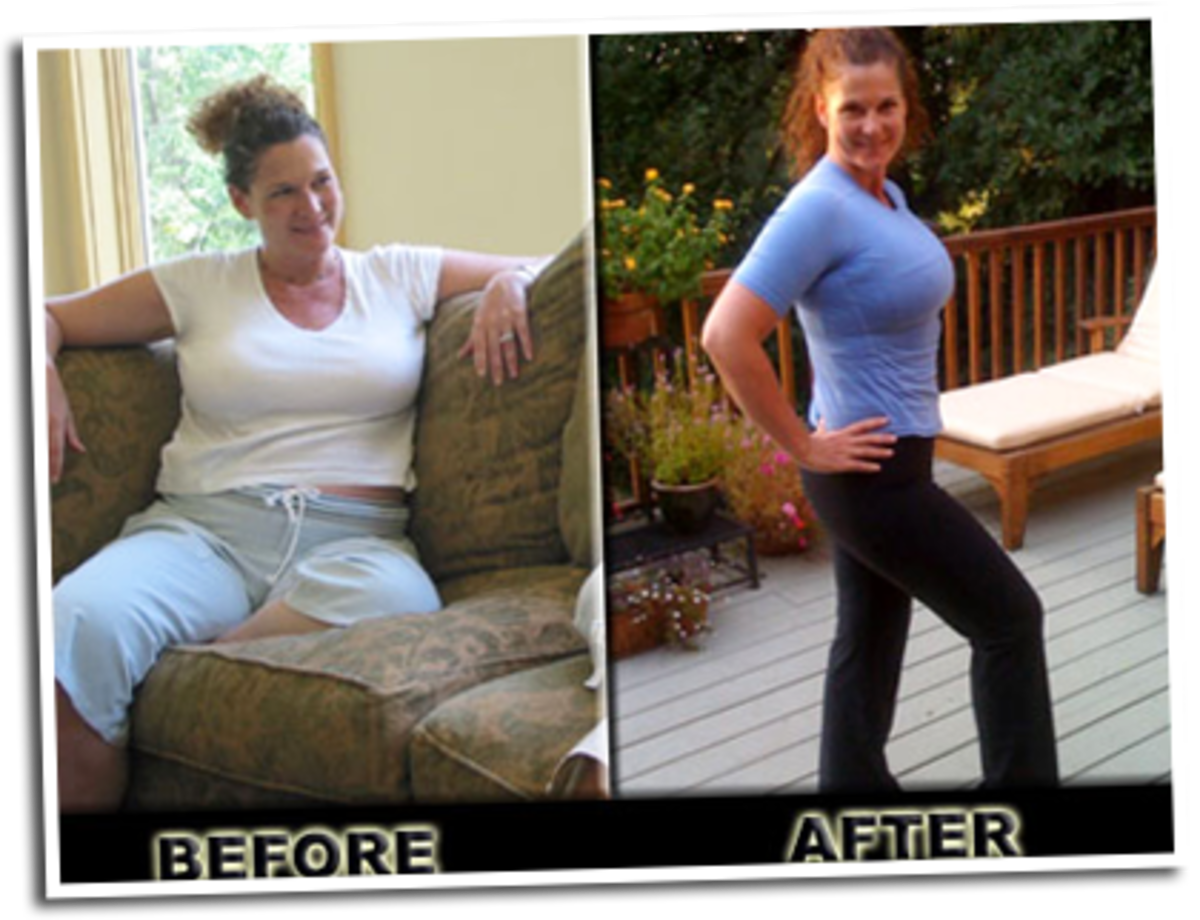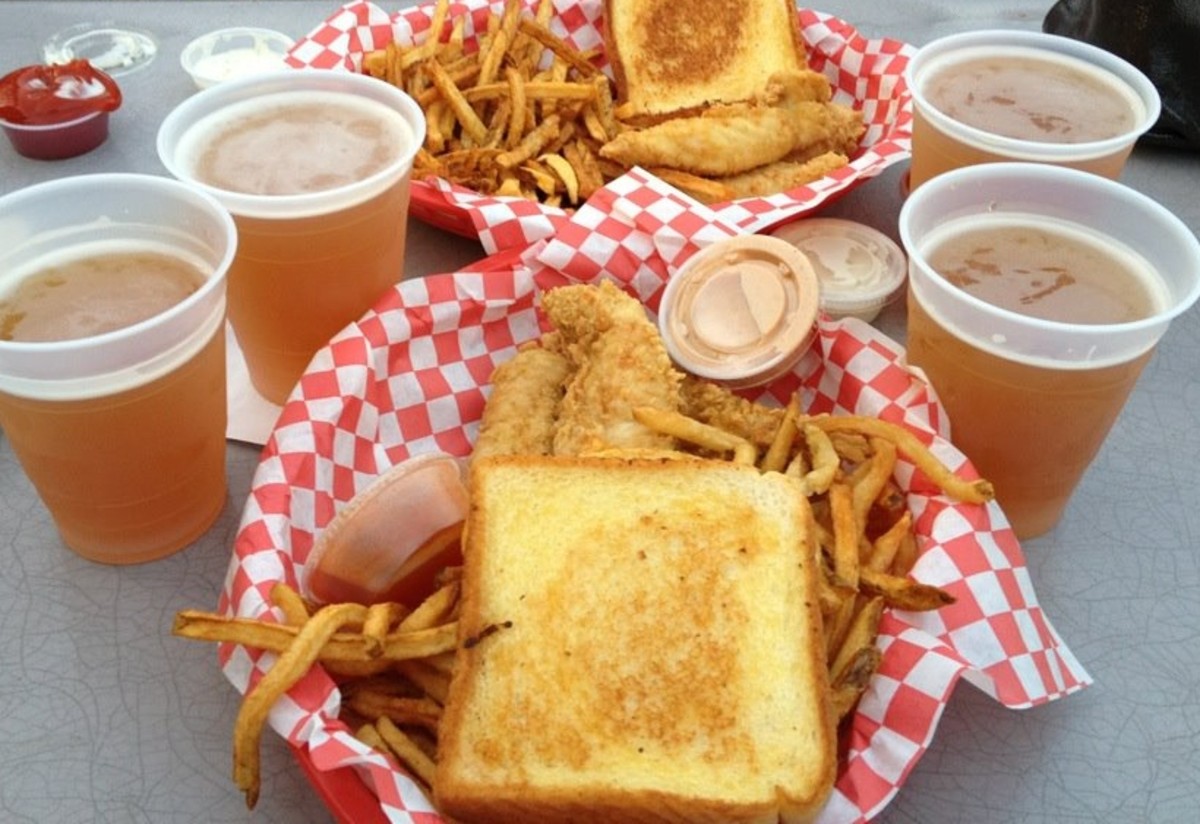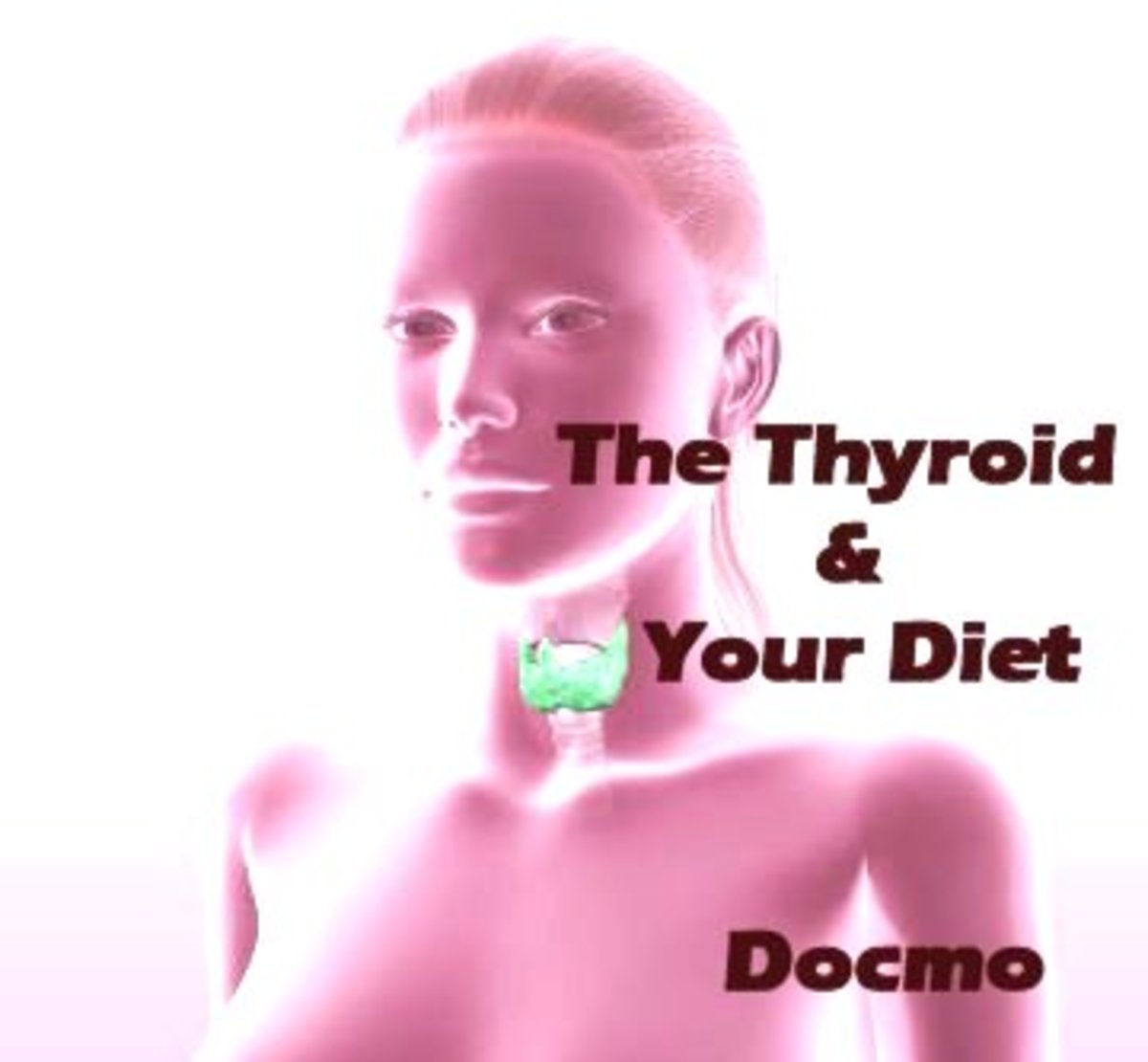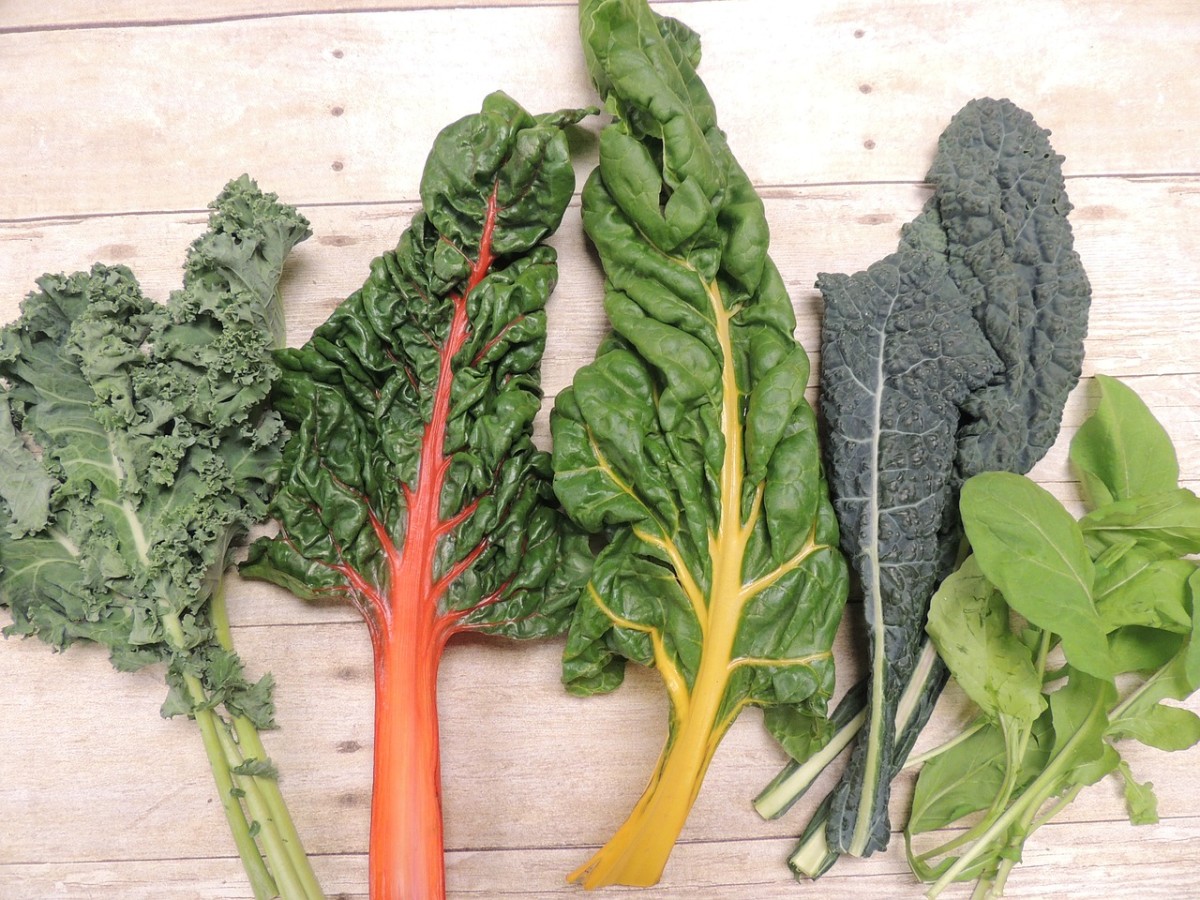IIFYM – If It Fits Your Macros
The biggest problem with a lot of dietary approaches is they place restriction on the foods you can and can't consume.
But what if you could achieve the same progress enjoying all the foods you like? One that could allow you to enjoy your life whilst still delivering the same results.
The truth is you can, but the answer isn’t going to blow your mind. It’s based on the simple premise of meeting caloric and macro-nutrient targets without restricting the types of food you can consume.
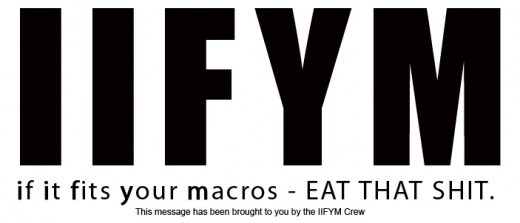
Where did the term IIFYM originate?
The term was coined on the Bodybuilding.com Nutrition forum, likely developed as a quick and easy response to the numerous threads asking whether a particular type of food is OK to eat when cutting/bulking or whether it is a 'clean food'.
Why is this better than other diets?
It is a more flexible and lifestyle friendly approach to eating for improved body composition that allows you to keep your sanity on a daily basis by allowing a degree of indulgence.
Whilst lack of flexibility is the reason many fad diets are successful (less choices is a blessing for many), it is also why they are not successful or sustainable in the long term unless you make lifestyle sacrifices.
Most diets significantly impact on your social life with their constraints on what you can eat - the IIFYM approach allows you to enjoy going out to eat and drink with friends, family and co-workers with a much greater degree of flexibility.
IIFYM also doesn’t contribute to the development of food phobias or eating disorders like orthorexia – it encourages you to enjoy the food you eat and to eat in moderation.
Who is it for?
Anyone that wants to lose fat, gain muscle or maintain their current body composition, but doesn’t want any restrictions on the types of foods they can and can’t eat.
Who isn’t it for?
If you hate dealing with logs, measurements and numbers then this probably won’t be to your liking as it requires you to keep tabs on how much food you are consuming on a daily basis.
How do I know how many calories I burn per day?
There are various calculators and formulas online that have been derived help you arrive at an estimation using your basal metabolic rate (derived from height and body mass) and activity levels e.g. BMR Calculator
From there you can keep track of changes in body mass and composition to optimise and calibrate it to perfection (sometimes it overestimates your expenditure, other times it underestimates your expenditure).
If you want to completely take the guesswork out of it I would recommend considering a BodyMedia or
FitBit device, which more and more IIFYM followers are using, either of which can help you measure your energy expenditure via technology – see my in-depth review of BodyMedia's bodybugg here.
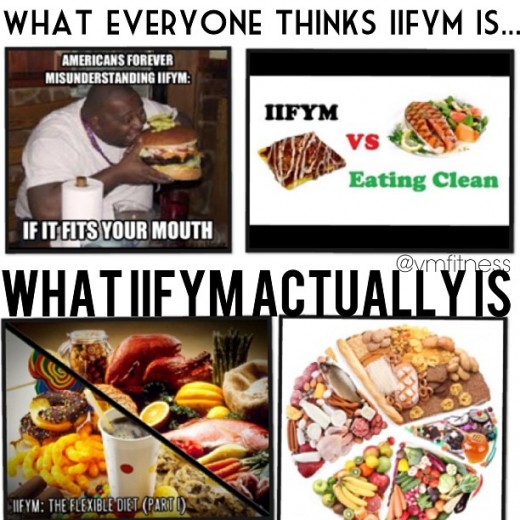
How do I know how many calories, protein, carbohydrates and fats I should eat?
This depends on your goals - as a quick guide:
Calories
A Calorie is a unit of energy – 1 Calorie is the amount of energy it takes to raise the temperature of 1kg of water by 1 degree celcius and is roughly 4.2kJ.
To lose weight and fat it is recommended that you consume enough to create a net energy deficit
The size of the deficit depends on how quickly you want to lose weight. It is better to do so at a slow to moderate rate than a faster rate – too fast and you will lose too much lean mass, your energy will crash and it will be very difficult to sustain – a 20-25% deficit is ideal for most.
To gain weight and muscle it is recommended that you consume enough to create a net energy surplus. The size of the deficit depends on how quickly you want to gain weight (it is better to do so at a slow rate rather than a faster rate – too fast and you will gain mostly fat rather than muscle mass - a 10-15% caloric surplus should be ideal for most.
To maintain weight and body composition it is recommended that you consume enough to meet your energy requirements.
Protein
Protein is known as the building blocks of life – it is important for a number of bodily functions such as growth and repair of cells and tissue and enzyme and hormone production.
The ISSN recommend that exercising individuals consume 1.4-2.0g of protein per kg of bodyweight.
In contrast the bodybuilding community typically recommends 1-1.5g per pound of bodyweight, but keep in mind that protein supplements are the most popular and big drivers of the bodybuilding word, and it is hard to achieve that level of protein intake on low to moderate calories without a protein supplement.
1g of protein is equal to 4 calories.
Fat
Fats are used in the body to store excess energy (adipose tissue), absorption of fat soluble vitamins like vitamin A, D, E and K, skin and hair health, cell function and much more.
1-2g of fat per kg of bodyweight is typically recommended for individuals of lean or average bodyfat (individuals with higher bodyfat should use lean mass approximations to determine fat intake).
1g of fat is equal to 9 calories.
Carbohydrates
Carbohydrates are the bodies preferred fuel source – whilst you could survive without them (unlike protein and fat) it probably wouldn’t be a lively existence and you wouldn’t be able to perform at an optimal level.
Once your protein and fat needs have been met the rest of the caloric space can be filled with carbohydrates.
1g of carbohydrates is equal to 4 calories.
What happens if I overate?
You can adjust your energy and macronutrient intake in subsequent days to compensate depending on your weekly calorie and macronutrient targets.
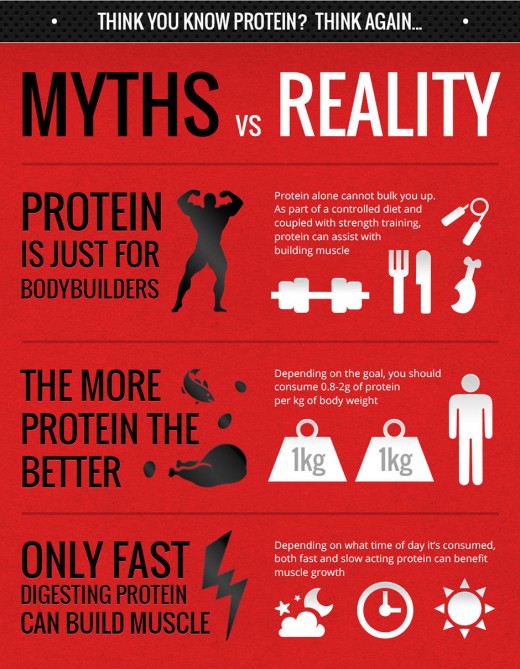
Isn’t this unhealthy?
It’s as unhealthy as you make it.
Everyone should be encouraged to primarily focus on eating whole foods (lean meats, vegetables, fruits, low fat dairy, wholegrains, legumes, nuts etc.) they enjoy as these will best cover their essential micronutrient needs.
No-one should excessively over or under eat to increase rate of progress (most of the time doing so causes more harm than good)
If you primarily eat processed food like potato chips and candy then you probably won’t get enough essential micronutrients and you risk developing conditions related to micronutrient deficiencies if you do it over a long enough period of time.
Are there any cheat meals or cheat days allowed?
It is your choice, but cheat meals or days aren’t advocated.
Cheat meals encourages bingeing on junk food which can one lead to an unhealthy ‘all or nothing’ relationship with such food, destroy progress and potentially set you up for eating disorders.
You can definitely fit in your favourite treats to your daily caloric and macronutrient targets, enjoying them in moderation rather than excess.


